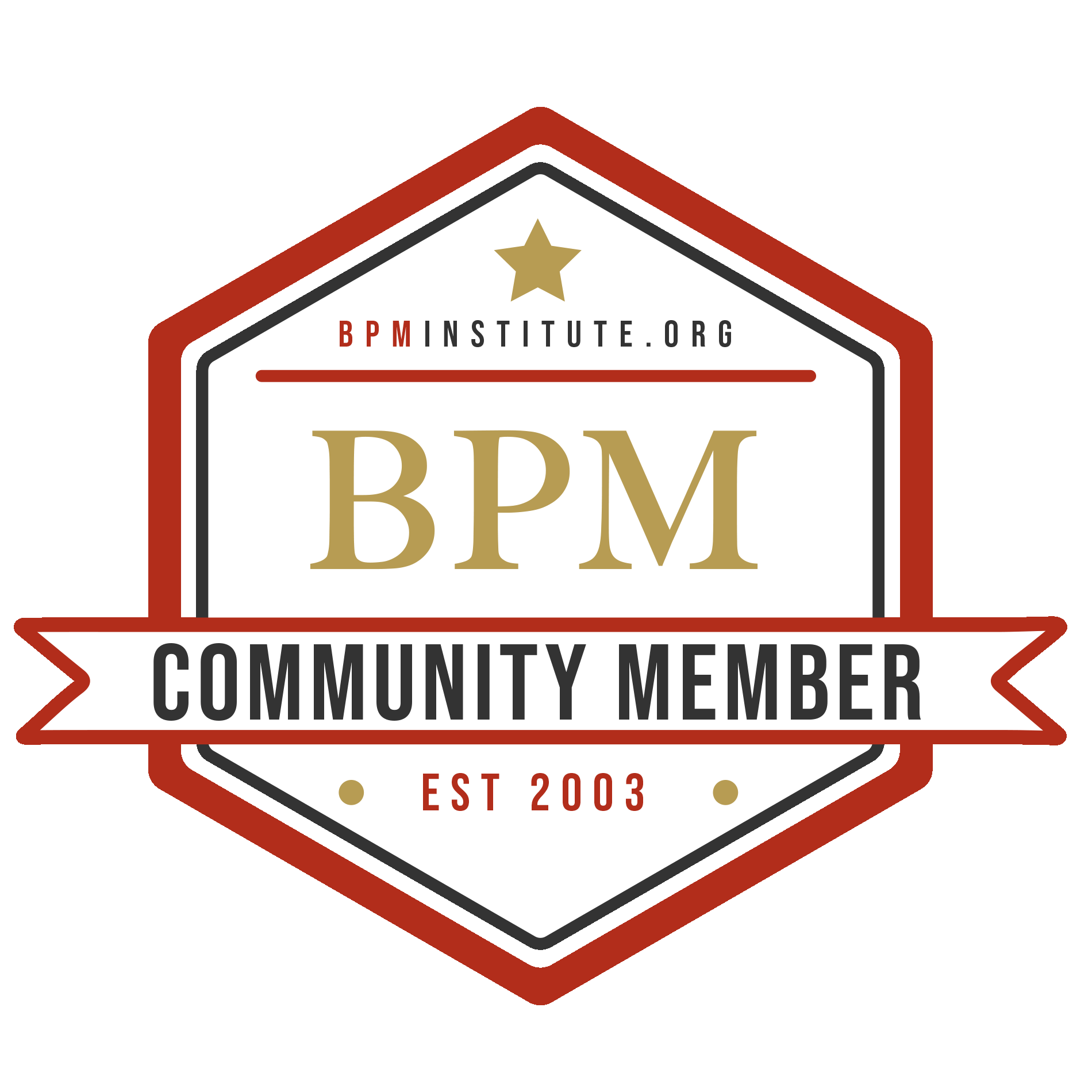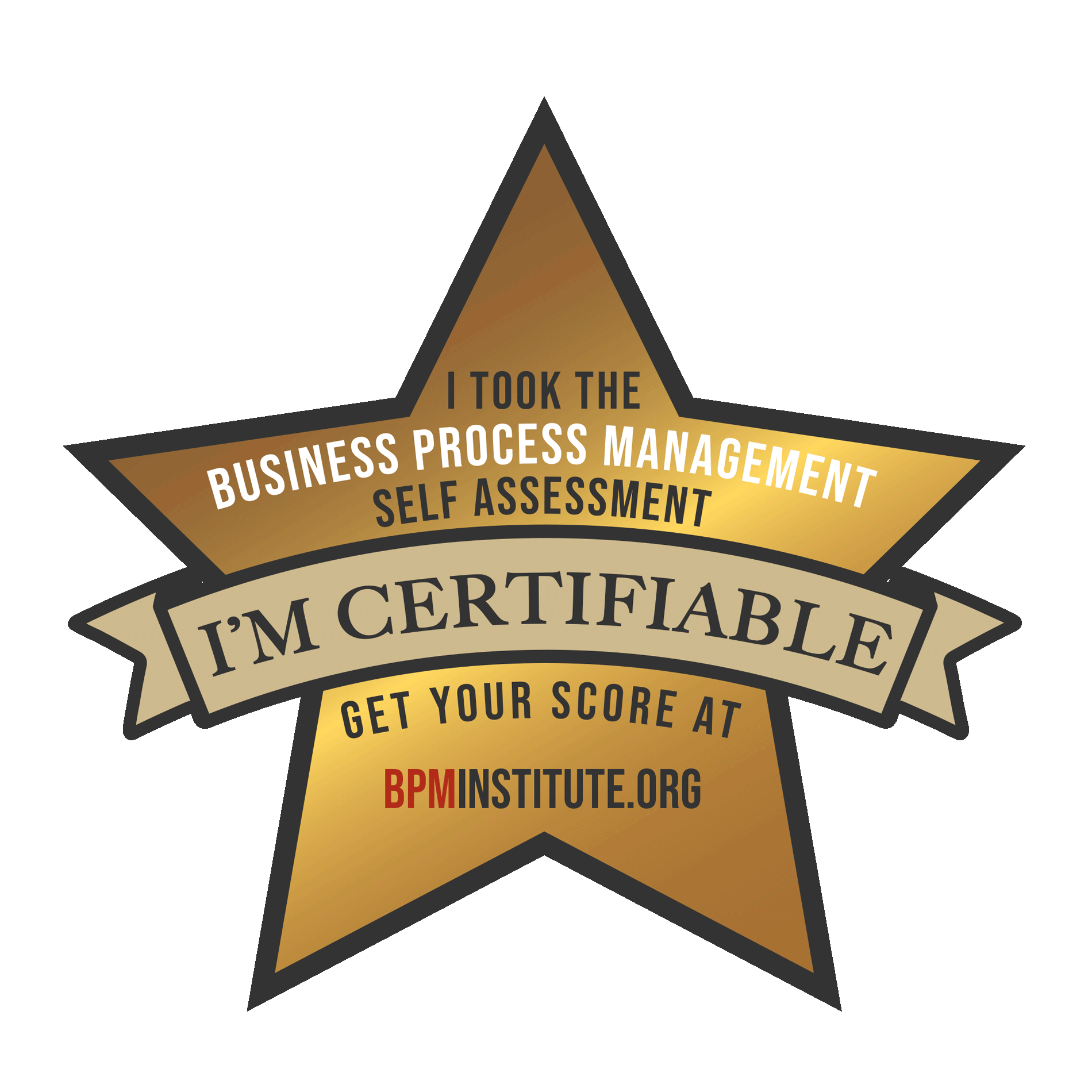In this 6 part video series, Gregg Rock discusses all things “Digital Transformation” with Dr. Setrag Khoshafian. Digital Transformation has many facets – from cultural transformation to deployment of various emerging digital technologies
June 25, 2003
Professional Member
Associate Corporate Membership

Gregg Rock
Business Architecture (BA)
Digital Transformation (DX)
Agile BPM (AB)
Agile Business Analysis (ABA)
Artificial Intelligence (AI)
Customer Experience
Operational Excellence (OPEX)
Organizational Change Management (OCM)
Robotic Processing Automation (RPA)
Articles by: Gregg Rock
How Does Business Architecture Assist Organizations from Strategy to Execution?
Gregg Rock interviews Ed Hunt in November 2021.
GR: How does business architecture assist organizations from strategy to execution?
What is the Current State of Process Automation?
Gregg Rock interviews George Barlow. We are especially excited to let folks know that George is going to be presenting two of our newest courses that are part of the Digital Transformation Specialist series in our Summer Session 1 Training Event. GR: Alright George,...
How Does Business Architecture Enable Execution?
Gregg Rock interviews Ed Hunt in November 2021.
GR: ED, you brought up a great topic the other day when we were speaking and I thought we’d circle back to share that information with our community. We were talking about the essential elements to enable execution, and you described it as three legs of a stool—can you explain that concept to our members?
EH: If you look at what it what it takes to execute a complex digital transformation, organizations understand and appreciate the need for technical architects. We’re using new tools, and we need experts in those technologies—that’s been the case for 40+ years now. And, organizations have deep capability in program management—they understand that resources have to be managed, schedules have to be aligned, risks have to be managed—but in too many organizations, the focus on business architecture is the gap, which is the third leg of the stool.
How Does AI and Machine Learning Fit Into Low Code/No Code and Process Automation Environments?
Gregg Rock interviews George Barlow in April 2022.
When does Business Architecture Make a Difference?
GR: Can you give our Members an example of an organization you worked with where the application of the Business Architecture practice made a difference for them?
SL: A few years ago, I worked as a Business Architecture consultant for a health insurance provider. The insurance business, and health insurance is no different, is driven by rules. For example, if you’re in X insurance plan, then you have access to X benefits, you pay X amount in a premium, X amount is your copay, X amount is the maximum limit of what the insurer pays. And, under certain circumstances, you may also have these other benefits such as if you’re a woman, then you may have maternity related benefits. And, we may cover X procedures, but only with pre-approval, and if your doctor is in our network then we may cover more, otherwise we cover less.
What is the Connection Between Business Architecture and Digital Transformation?
Gregg Rock interviews Ed Hunt in November 2021.
GR: How do you explain the connection between business architecture and digital transformation?
EH: Well, as you know, I’ve been in the industry a long time. For 40 years, we’ve been using automation technology to transform an organization—to digitize it—and the new tools that we have available today just allow us to continue to do that in a more exciting way.
What is the Triple Crown of Modeling? BPMN, DMN, & CMMN Explained.
Gregg Rock interviews George Barlow in April 2022.
How Does Business Architecture Improve Business Outcomes?
Gregg Rock interviews Ed Hunt in November 2021.
GR: How does business architecture improve business outcomes?
EH: That’s another very important question, Gregg. Business architecture doesn’t define strategy, but it is often a key enabler to enhance and extend it.
In addition to closing gaps in the requirements by using models and to improve communication, business architecture practices enhance and enable the strategy by maximizing the investment in technology. Sometimes that’s through establishing common services, understanding that these capabilities can be used and leveraged across the organization, but they also play a critical role in understanding how to apply the new technology in a way that’s specific to the operational complexity of this business, in a way that increases operational efficiency, and in a way that drives customer satisfaction.
What is Most Significant About the Migration to Cloud Computing?
Gregg Rock interviews George Barlow in April 2022.


























